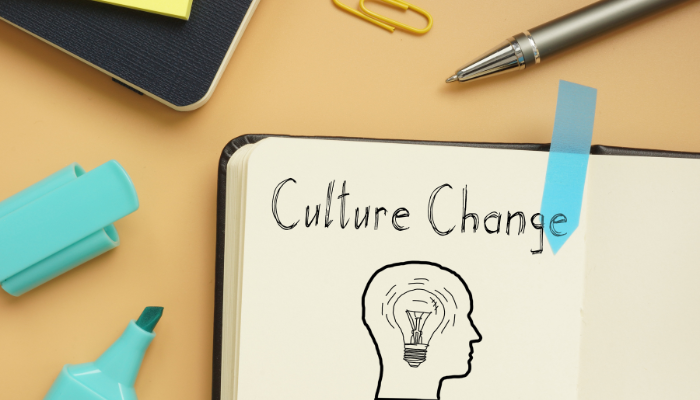
In the current business world, work culture significance within corporations is becoming highly crucial. Reason: positive workplace vibes are indispensable for not just establishing a pleasant work atmosphere, but also for boosting productivity big time. Importantly, content workers tend to be more fired up, and involved, leading to a flourishing enterprise. Albeit, the dynamics of workplace culture can inevitably transform over time, necessitating that corporations remain cognizant of these shifts and adapt to their sails accordingly. For instance, as the workforce diversifies, corporations should welcome this change and cultivate an environment that embodies inclusivity as well as is considerate of individual distinctions. This is where a cultural mentoring program can act as a driving force in sculpting employee outlooks to sync with the organization’s changing work culture smoothly. With all these perspectives in view, this blog would focus on what is cultural mentorship; the reasons for cultural changes, and how mentoring can be instrumental in facilitating those transitions. Also Read: Fostering Diversity and Inclusion with Mentoring A Quick Look at What Is Cultural Mentorship Cultural mentorship is a highly impactful approach intended to be inclusive of multicultural backgrounds and personal experiences. Thus, the programs serve as the cornerstone for appreciating the opinions and sentiments of ethnically diverse employees while attuning them toward cultural changes. In such endeavors, mentors significantly bridge gaps between people of varied backgrounds, honoring values and traditions ingrained in diverse cultures. Also, by offering guidance and backing to staffers, cultural mentorship aid in syncing with evolving cultural changes–centered on constant learning and improvement. Thus it is no shocker that companies adopting mentorship get a sweet deal with better employee involvement, increased retention rates, and enhanced knowledge exchange. Best aspect: the role of business mentoring in supporting culture change is twofold. Initially, it can facilitate forging a mutual comprehension of the desired culture and the means to attain it. Next up, this approach aids in cultivating employees’ talents and proficiencies, prepping them to prosper in the new culture. Understanding Reasons Behind Workplace Culture Change and Solutions A myriad of changes unfolding globally within the business realm gives rise to a shift in organizational culture. These transformational aspects resulting in workplace culture are:
- Globalization
- Technological breakthroughs
- Changing market demands
- Workforce diversity
- Globalization: This transformational aspect has brought about increased interconnectedness among businesses, necessitating adjustments to various cultural customs and values. In fact, globalization leads to organizational culture change by exposing businesses to different markets, ideas, and workforce diversification.
- Cross-Functional Collaboration: Cross-functional teams unite individuals from diverse departments, roles, and expertise to accomplish a shared objective. And, guess what, business mentors encourage cross-functional collaboration among mentees so that they understand the value of workplace cultural changes and embrace them.
Frequently Asked Questions
Q. What does the mentor-mentee relationship guide provide?
Ans. The guide offers valuable insights, tips, and strategies for establishing successful and lasting mentor-mentee relationships.Q. Who can benefit from the mentor-mentee relationship guidelines?
Ans. Individuals seeking support in their career or personal lives, mentors looking to guide mentees effectively, and organizations aiming to foster growth among team members.Q. How will the ultimate guide for the mentor-mentee relationship improve the mentoring relationship?
Ans. It equips you with best practices in communication, goal setting, development plans, and navigating challenges in mentor-mentee relationships.